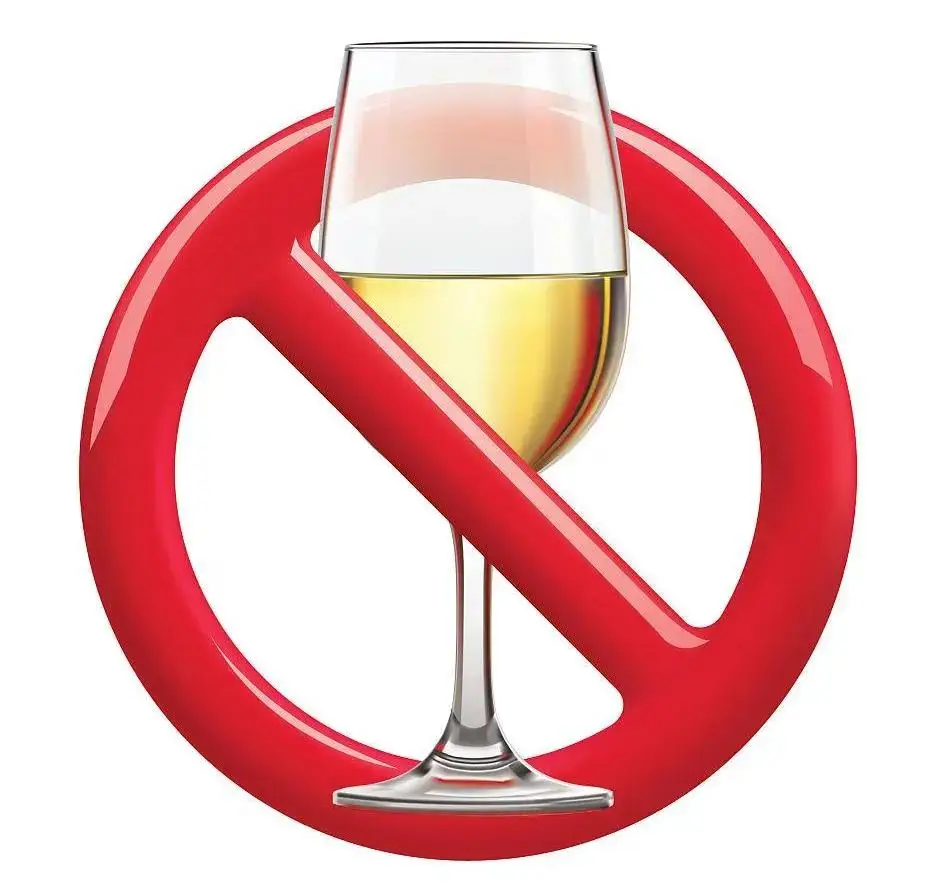For generations, alcohol has been celebrated as a social lubricant and a relaxing nightcap. Many people reach for a glass of wine or a nightcap believing it will help them unwind and drift off to sleep more easily. While alcohol may indeed induce sleep initially, emerging research reveals a disturbing truth: regular alcohol consumption severely disrupts sleep architecture and creates a cycle of sleep deprivation that culminates in chronic fatigue.
The immediate sedative effects of alcohol are well-documented. Alcohol enhances the function of GABA receptors in the brain, producing calming effects that can make falling asleep seem easier. However, this initial benefit comes at a significant cost to sleep quality throughout the night. As the body metabolizes alcohol, it creates a rebound effect that fragments sleep during the latter half of the night, leading to frequent awakenings and preventing the deep, restorative sleep the body needs.
Alcohol's most damaging impact on sleep concerns its effect on sleep architecture—the natural pattern of sleep stages that occurs throughout the night. Normally, sleep progresses through cycles of REM (rapid eye movement) and non-REM sleep, including the deep sleep stages known as slow-wave sleep. Alcohol consumption before bed significantly suppresses REM sleep in the first half of the night, followed by REM rebound in the second half characterized by intense, often disturbing dreams. This disruption prevents the natural flow between sleep stages, robbing the brain of the balanced sleep it requires for optimal functioning.
The relationship between alcohol and sleep becomes particularly concerning when examining regular consumption patterns. While an occasional drink may cause minimal disruption, habitual drinking creates cumulative damage to sleep quality. The brain adapts to alcohol's presence, leading to tolerance that requires more alcohol to achieve the same sedative effect. This creates a vicious cycle where individuals may drink more to combat emerging sleep problems, inadvertently making those problems worse.
One of alcohol's most insidious effects on sleep is its impact on the body's thermoregulation. Normal sleep involves a natural drop in core body temperature, but alcohol creates a false temperature signal that disrupts this process. The body perceives alcohol's vasodilation effect as overheating and works to cool down, leading to night sweats and disrupted sleep. This thermal dysregulation becomes more pronounced with regular consumption, further degrading sleep quality over time.
The connection between long-term alcohol use and chronic fatigue operates through multiple biological pathways. By disrupting slow-wave sleep—the most restorative sleep stage—alcohol prevents the body from properly conducting essential repair processes. Growth hormone release, which primarily occurs during deep sleep, becomes suppressed, impairing tissue repair and muscle recovery. Cellular restoration and energy replenishment are compromised, leaving individuals feeling physically drained even after a full night in bed.
Beyond physical restoration, alcohol's sleep disruption creates cognitive fatigue that permeates waking hours. REM sleep plays a crucial role in memory consolidation, emotional processing, and learning. When alcohol fragments REM sleep, it impairs these cognitive functions, leading to mental fog, poor concentration, and emotional volatility. The resulting mental exhaustion compounds physical tiredness, creating a comprehensive experience of fatigue that affects every aspect of daily life.

The development of tolerance and dependence further entrenches the alcohol-fatigue connection. As the brain adapts to alcohol's presence, withdrawal symptoms emerge during sleep, causing heightened arousal and further sleep fragmentation. Regular drinkers may experience increased anxiety, elevated heart rate, and sweating during the night—all symptoms that prevent restful sleep. This creates a self-perpetuating cycle where fatigue drives alcohol consumption as a coping mechanism, which in turn worsens sleep and increases fatigue.
Perhaps most alarmingly, research indicates that the sleep damage caused by long-term alcohol consumption may persist long after drinking ceases. Studies of recovering alcoholics show that sleep architecture abnormalities can continue for months or even years after sobriety. The brain's sleep regulation systems appear to undergo lasting changes from chronic alcohol exposure, suggesting that the path to restored sleep quality requires both abstinence and active sleep rehabilitation.
The impact of alcohol-disrupted sleep extends beyond simple tiredness to affect broader health outcomes. Chronic sleep deprivation is associated with increased risk of cardiovascular disease, metabolic disorders, immune dysfunction, and mental health conditions. When alcohol-induced sleep problems become chronic, they compound these health risks while simultaneously diminishing quality of life through persistent fatigue.
Breaking the cycle of alcohol-related sleep damage and chronic fatigue requires a multifaceted approach. Gradual reduction of alcohol consumption allows the brain to readjust its sleep regulation mechanisms without causing severe withdrawal symptoms. Implementing strict sleep hygiene practices—including consistent sleep schedules, optimized sleep environments, and pre-sleep routines—can help recalibrate the body's natural sleep-wake cycle. For those with long-standing sleep issues related to alcohol use, cognitive behavioral therapy for insomnia (CBT-I) has shown particular effectiveness in rebuilding healthy sleep patterns.
Understanding alcohol's true impact on sleep requires looking beyond the initial sedative effect to consider the complete picture of sleep architecture disruption. While that evening drink may seem to promote relaxation and sleep onset, its long-term consequences include fragmented sleep, reduced sleep quality, and ultimately, chronic fatigue that diminishes both waking functioning and overall health. As research continues to illuminate the complex relationship between alcohol and sleep, it becomes increasingly clear that true rest and recovery require protecting the natural sleep process from alcohol's disruptive influence.
The path to breaking free from alcohol-induced fatigue begins with recognizing that the temporary comfort of a nightcap comes at the expense of sustained energy and vitality. By prioritizing uninterrupted, quality sleep through mindful alcohol consumption and comprehensive sleep hygiene, individuals can reclaim the restorative power of sleep and escape the cycle of chronic fatigue that plagues so many regular drinkers.




发表评论